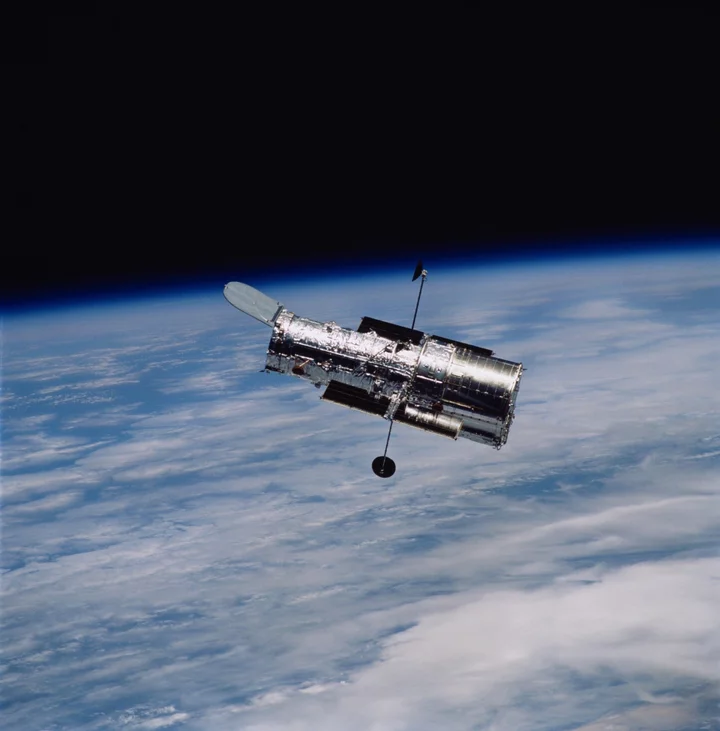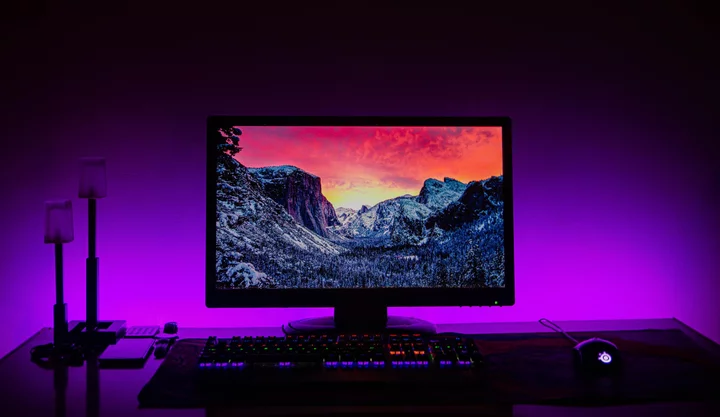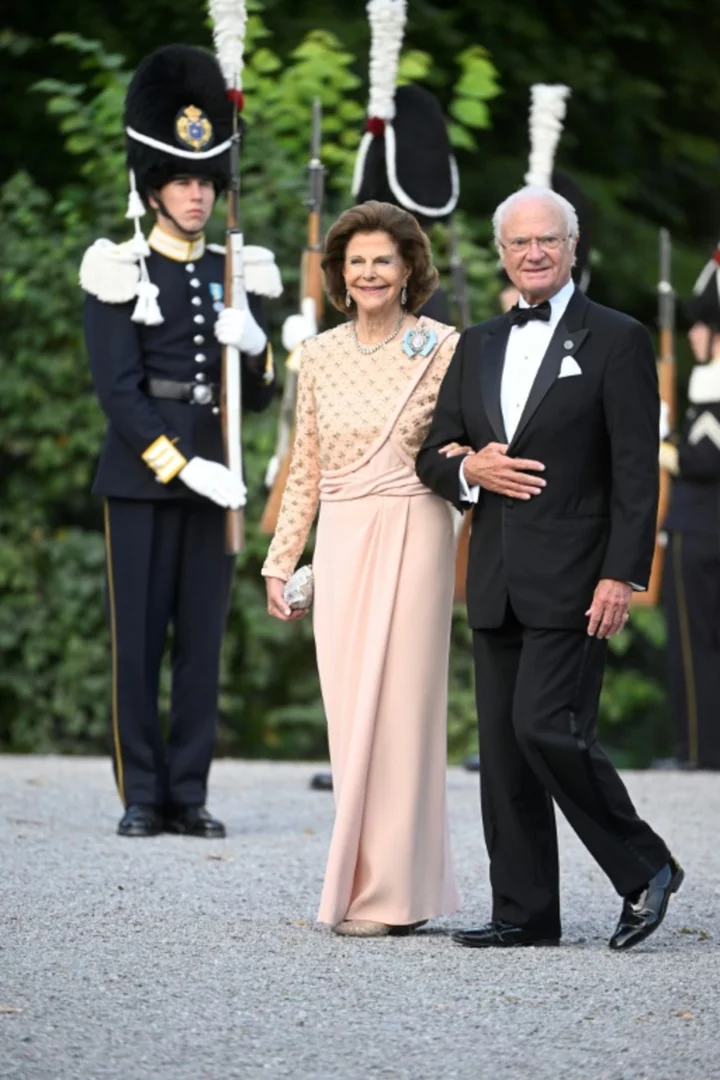Exiled to a place far above the Arctic Circle, a group of Russian journalists are working with Norwegians to break through the strict state controls that have gripped the media in their homeland.
At the Barents Observer, an online newspaper that has become a leading provider of news from the Far North over the past two decades, the two local journalists are now in the minority.
Based in the town of Kirkenes, close to the Russian border, the news outlet opened its doors to reporters who have fled Russia after a clampdown on the press followed the invasion of Ukraine.
Wearing a Mickey Mouse T-shirt and a Michael Jackson-tattoo on his arm, Denis Zagore explains he left the Russian city of Murmansk in September.
"When the war started, in my podcasts for Barents Observer, I said dictator Putin, I said, not SMO (special military operation) or something like that," the 47-year-old journalist tells AFP.
"I started to understand it could be unsafe if I continued to do it in Murmansk," which lies 220 kilometres (137 miles) over the border.
"If you (want to) say Putin is a dictator and war is war, it's more safe here," he says.
- Blocked in Russia -
The Barents Observer now has three Russian reporters and a Russian trainee, and has started publishing more articles in Russian than English.
"We were already blocked in Russia and have been in tremendous trouble with the Russian censorship agency. So we said OK, they want to make more trouble for journalists, then we can make more trouble for them," editor Thomas Nielsen says.
"We don't care about Russian censorship laws. We are here for the freedom of speech and free journalism," the Norwegian declares.
On a shelf in his office, a doll with the words "Slava Ukraini" ("Glory to Ukraine") sits next to beer cans bearing an image of Russian President Vladimir Putin, antique telephones -- one of which has a "direct line to the Kremlin", Nielsen jokes -- and an "On air" sign.
Blocked since 2019, the publication is using a multitude of tricks to circumvent Russia's attempts to limit access: Mirror sites hosted on different addresses, access via VPN services, podcast formats and a presence on Youtube means tens of thousands views are maintained, according to Nielsen.
Coverage includes more general interest news like setbacks facing a marine park in Murmansk or invasions by pink salmon, as well as stories directly linked to the conflict in Ukraine.
"We have a lot of viewers, especially among young people in Russia, that get access and get information about what's happening with the war, with the repression in Russia, about who ends up in jail and so on," Nielsen adds.
"News articles that they don't get in their local or regional media at home."
- A Putin spider -
Russia has fallen to 164th place -- out of 180 -- in the annual Reporters Without Borders press freedom index, which Norway has topped for several years.
In early July, Elena Milashina, a Russian journalist with independent newspaper Novaya Gazeta was badly beaten in Chechnya.
Foreign media are also on the receiving end and Evan Gershkovich, a Wall Street Journal correspondent, has been in prison since March facing espionage charges.
"Every day we were sitting in our office and didn't know what was going to happen. Would the police suddenly storm into our office and take us?," says Elizaveta Vereykina, who had worked for the BBC in Moscow before joining the Barents Observer.
"It's hard to live in a society that absolutely despises everything about you," she says.
The numbers of Russian journalists in exile have grown in places such as Tbilisi, Yerevan, Vilnius Riga and Kirkenes.
Trainee Olesya Krivtsova is waiting for a work permit before she can begin contributing.
She too has a tattoo, on her right leg: an image of Russian President Vladimir Putin in the shape of a spider with the Orwellian inscription "Big Brother is watching you".
On the other ankle, she once wore an electronic bracelet.
Reported by university friends in Arkhangelsk for criticising the war on social networks, the young woman was placed under house arrest pending a trial for justifying terrorism and discrediting the Russian army -- charges punishable by up to 10 years in prison.
"In the end, I realised the injustice of what was happening, so I left," she explains
After ridding herself of the ankle bracelet, she travelled via Belarus and Lithuania before reaching Kirkenes.
"She said 'I want to change Russia and I want to do it through journalism'. We said: 'Ok, welcome'," notes Nielsen.
phy/nzg/jll/bp









